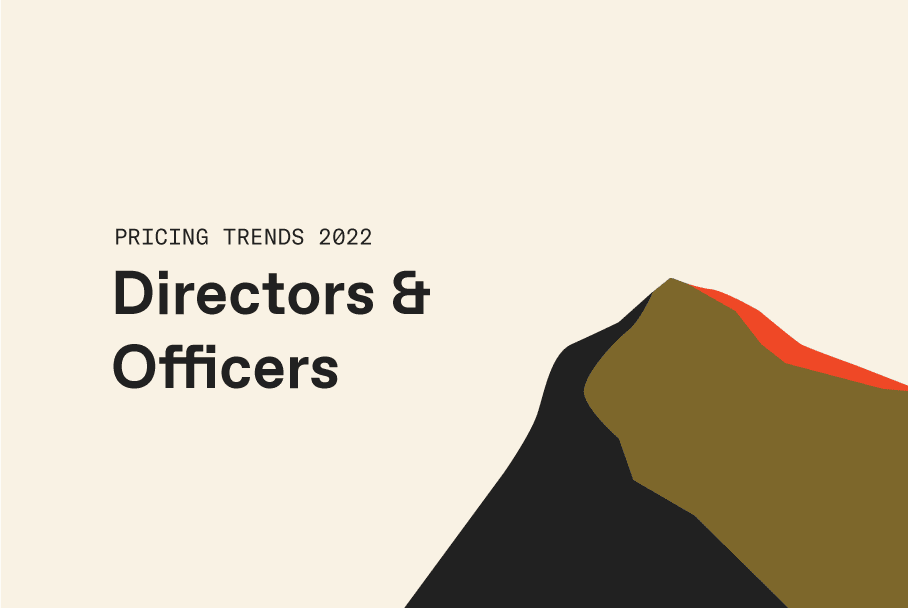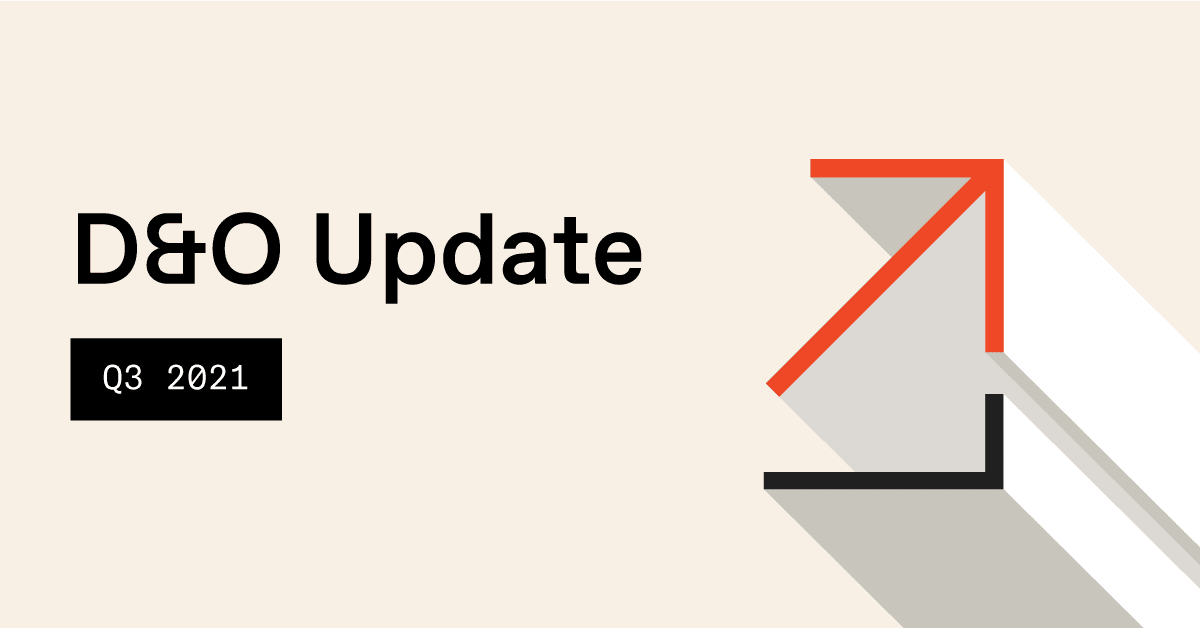Key Takeaways
It’s been a tough year for retail. Just ask J.C. Penny, Macy’s or Target. As e-commerce continues to overtake retail (thanks Amazon), traditional retailers need to employ different strategies to satisfy customers. In other words, it’s time to start pivoting.
Startups are all too familiar with pivoting, and many startups do so at least once. Sounds simple enough? Not too fast. Remember, your insurance policy was crafted to cover your company’s specific operations. Changing those operations might create new exposures that are not covered by your current policy.
Making pivoting fashionable
Take Nordstrom, for example. They seem to be getting the hint that retail needs to take a different approach, and fast. That’s why they announced that they will be opening a new store to give customers a unique shopping experience.
How different are we talking? Firstly, the store will not carry clothes. The store aims to give its shoppers experiences, not just the convenience of purchasing a product.
In a groundbreaking departure from the traditional retail model, the fresh, more compact store offers not just shopping, but a myriad of enticing experiences. Customers can now savor a leisurely coffee, indulge in a glass of beer or wine, treat themselves to a professional manicure, or even have their clothing expertly tailored on-site. Nordstrom has also introduced a team of dedicated stylists, ready to fetch garments from other Nordstrom locations for those with a keen eye for fashion. This strategic shift not only mitigates some of Nordstrom’s exposure but also ushers in exciting new opportunities, much like the addition of hired auto coverage in insurance policies.
A retail giant like Nordstrom probably has general liability insurance for each of their stores. Since this space is smaller, they might expect to see lower insurance costs on their policy. However, most general liability policies exclude liquor liability so Nordstrom may need a totally new policy to cover this exposure.
Their manicurists and seamstresses will need errors & omissions policies tailored to their needs (pun intended). Shuttling stylists from one Nordstrom store to the next to get that exact pair of loafers? They’ll have new exposures that should now be addressed by hired/non-owned auto or commercial auto insurance.
What if Nordstrom’s investors push back, either now or down the road, if this strategy proves unprofitable? That’s the type of risk that would likely be addressed by a directors & officers insurance policy.
Risk Retention Group Consideration
In addition, while Nordstrom delves into new business avenues through this store format, they should also consider the potential of establishing or becoming a member of a Risk Retention Group (RRG). A Risk Retention Group, often referred to as a policy retention insurance company, is a specialized form of liability insurance company owned by its members, typically operating within a specific industry. By becoming a part of an RRG, Nordstrom could collaboratively manage and mitigate liability insurance risks and expenses with other like-minded businesses in the group, thereby enabling them to offer more customized coverage tailored to their distinct activities.
Wrapping it up
If you’re considering pivoting, or simply moving fast and breaking things like most of our clients, you need the right partner by your side to help you manage your risk at every turn. That’s where Founder Shield comes in.
Create an account here to get a free quote and see how we can help!











